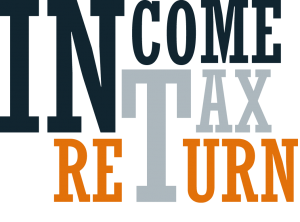 A chargeable person is defined as a person who is chargeable to tax on that person’s own account or on another person’s account in respect of a chargeable period.
A chargeable person is defined as a person who is chargeable to tax on that person’s own account or on another person’s account in respect of a chargeable period.
There is an exception to this definition in which some conditions must be met. It is these conditions that from today, 19 May 2017, Revenue have amended and the amendments as outlined below will be applicable from 2016 onwards.
The exception to a “chargeable person” definition is that an individual is not a chargeable person for a tax year where, for that year, they were in receipt of:
- PAYE income only, or
- PAYE income and non-PAYE income (rent or investment income…etc) where the total non-PAYE income assessable to tax-
- does not exceed €5,000 (this was previously €3,174 for 2015 and previous years), and
- is taken into account in determining the individual’s tax credits and standard rate cut-off point or is taxed at source under section 261 TCA 1997, i.e. deposit interest subject to D.I.R.T.
Revenue may take account of an individual’s gross income from non-PAYE sources in considering whether non-PAYE income should be taxed under the PAYE system.
In this regard, an individual whose gross non-PAYE income from all sources exceeds €30,000 (this was previously €50,000 for 2015 and previous years) is regarded as a chargeable person notwithstanding that his or her assessable income from non-PAYE sources does not exceed €5,000 (this was previously €3,174 for 2015 and previous years).
The exception to this rule is that this does not apply to directors of trading companies or to their jointly assessed spouses or civil partners.
In the case of married couples or civil partners who are jointly assessed, the income thresholds are applied to the joint non-PAYE income of both spouses or civil partners. In the case of married couples or civil partners who opt for separate assessment or single treatment, the thresholds are applied separately to each spouse or civil partner.
Note: An individual whose non-PAYE income (rent or investment income…etc) is nil due to an allowance which reduces his or her taxable profits to zero is a chargeable person, as nil profits cannot be taxed through the PAYE system.
For more information, please contact us.

